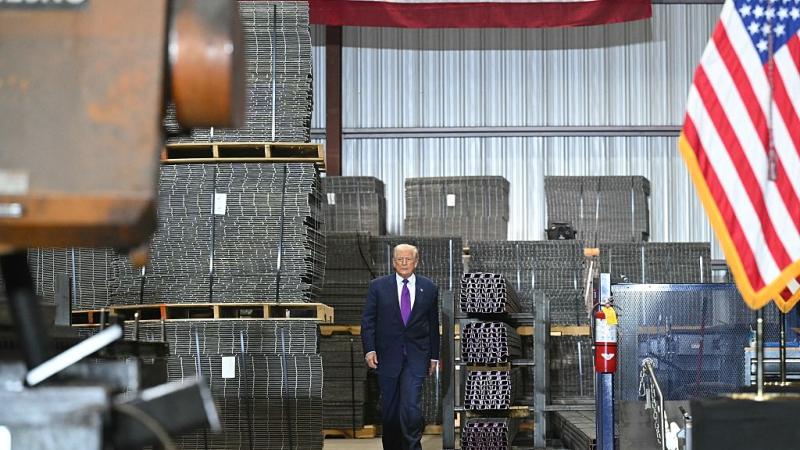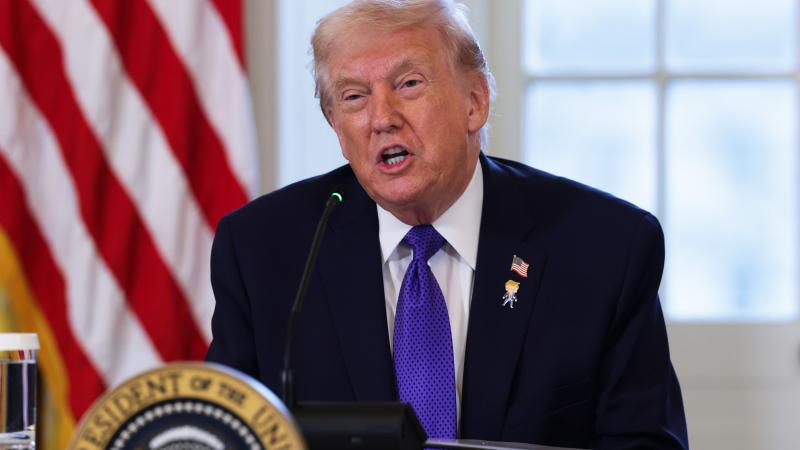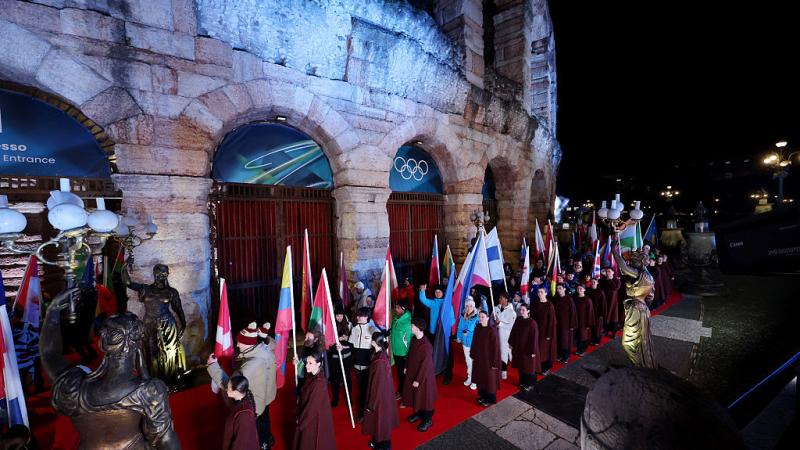Boomerang? Trump antagonists suddenly hit with scandals, political crises of their own
Governors facing recall and resignation pressure; anti-Trump organization takes major hit.
Multiple political figures who served as eager foils to President Donald Trump over the past year have found themselves embroiled in scandals and political crises of their own in the weeks since Trump left office after losing the 2020 election.
Most prominent among them is New York Gov. Andrew Cuomo, whose future as the state's chief executive has looked increasingly bleak amid political fallout from both a COVID-19 data coverup and multiple sexual harassment allegations over the past several weeks.
In late January, just over one week after Trump departed the White House, New York Attorney General Letitia James published a report alleging that the Cuomo administration had significantly undercounted COVID-19 nursing home deaths in the state. James said her report sought to "offer transparency that the public deserves" regarding coronavirus fatalities among the state's most vulnerable populations.
Shortly after that report went public, an aide to Gov. Cuomo admitted in a private conversation that the state had concealed the true nursing home data due in part to fears that the data would be "used against" the Cuomo administration by Trump.
In February and March, meanwhile, Cuomo was hit with not one or two but three high-profile, on-the-record sexual harassment allegations from former aides. The accusations have spurred a wave of demands for Cuomo to resign, with prominent Democrats calling for a full investigation into the scandals.
Cuomo's widely broadcast daily coronavirus briefings in the early phase of the pandemic last year propelled him into the national spotlight as a Democratic antagonist to Trump. At the outset of the crisis, for example, an Associated Press headline built him up as a "Democratic counter to Trump virus response." In September, Cuomo bluntly claimed that Trump "caused the Covid outbreak in New York."
Cuomo's turn of fortune from anti-Trump superstar to beleaguered politician teetering on the cusp of professional disgrace comes as a potential political catastrophe looms over another big-state Democratic governor.
California Gov. Gavin Newsom is facing an all-but-inevitable recall election as anger continues to grow in that state over his response to the COVID-19 crisis.
Newsom's political credibility took a major hit in November when he was observed mask-less at a crowded indoor dinner table at a Michelin-starred restaurant in Napa Valley. Anger over that decision as well as Newsom's handling of the COVID-19 pandemic has helped drive the recall effort, which needs to gather 1,497,709 verified signatures to trigger a recall election in November.
"We've got about 1.9 million gross signatures on the petition," Mike Netter, a co-founder of the recall effort, told Just the News. "We think around 350,000 to 400,000 Democrats have signed it."
Netter added that "roughly half a million NPPs," or no-party-preference voters, have added their signatures to the effort.
Emboldened California Democratic politicians have lately dared at times to openly criticize Newsom, such as in January when multiple liberal lawmakers publicly dressed the governor down for proposing major expenditures on electric cars amid the pandemic.
That same month, multiple Democratic legislators slammed Newsom's response to the pandemic as "confusing" and "infuriating."
In January, meanwhile, the anti-Trump Lincoln Project, formed by a coalition of veteran Republican operatives in an effort to sink Trump's reelection bid, saw an outbreak of scandal that has left the organization a shell of its pre-November self.
Multiple men came forward publicly in January to accuse Lincoln Project co-founder John Weaver of having sent them unwanted, sexually inappropriate messages and propositioned them in exchange for professional advancement. Weaver himself resigned from the group, with its remaining leadership condemning him and claiming to have been unaware of the allegations.
Yet questions have persisted over how much the group's members knew about the scandal well before it became public knowledge in January. One of the project's board members may have been aware of the allegations as early as August of last year. Ryan Girdusky, meanwhile — one of the earliest journalists to work on the scandal — claims that the story was "circulating [at] several outlets" prior to the November election, though it only broke several days after Joe Biden was inaugurated.
















